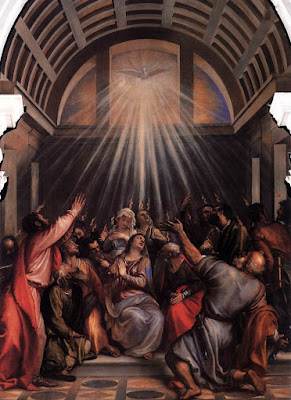Words for worship: Submitting to God’s mercy and imprisoning!
This post was contributed by worship leader Mike Hale. Preaching to inmates in a prison chapel service, the elderly guest preacher began with what may seem a puzzling verse from the Bible. “God has made all men prisoners of disobedience, so that he may have mercy on all.” It was fifty-five years ago this month (September,1957), and the guest speaker who based his sermon on Romans 11:32 that day was the great Swiss theologian Karl Barth, arguably one of the most important voices in theology since the Protestant Reformation. Barth was invited to speak at the prison in Basil, Switzerland from time to time, and 18 of his sermons were published in Deliverance to the Captives (1961, Harper & Brothers). Admitting the verse is not easy to understand, Barth began by saying it is best understood when starting from the second phrase—with the affirmation ‘that he may have mercy upon all’ . Barth said that those who know Jesus “...know it is imperative to begin at all times in our t...

